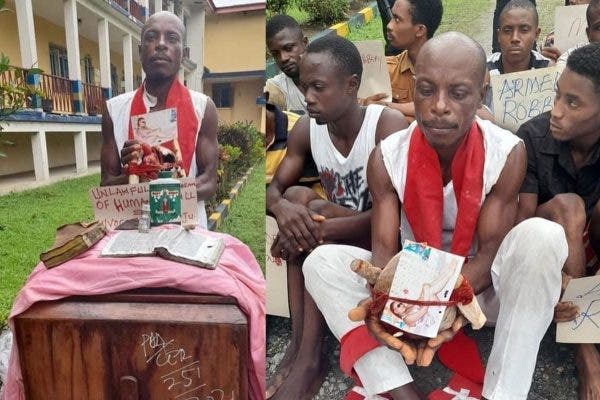By Steven Godfrey Mkweteza
The Centre for human rights, education, advice and assistance (CHREAA) has expressed concern over the high child defilement cases in Blantyre and challenged stakeholders to fully participate in intervention initiatives to reduce the figures.
Speaking at the two day stakeholder awareness meeting on the progress of the project of access to paralegal services at one stop Centre’ in Blantyre, the monitoring and evaluation manager for the human rights organization, Sphiwe Malihera described the rate as ‘stubbornly and unacceptably high and worrisome.
Malihera said despite efforts to curtail the trend, Blantyre still has a long way to go to tackling numerous child defilement cases that also in turn, contribute to high levels of teenage pregnancies and school drop outs.
“The problem is that many people do not report cases in good time because of ignorance and the fear for stigma and discrimination among the society. This is worrisome situation since it also leads into increased cases,” said Malihera.
According to Malihera, research which his organization conducted between 2016 and 2017 has concluded that Blantyre is becoming well on earth for children.
This is because key findings indicate that, in the years in questions, 513 children were sexually abused and their cases were reported to Queen Elizabeth Central hospital through one stop Centre.
Malihera said that to make matters worse, wheels of justice have been slower than anticipated, so that 90 percent of the cases have not been concluded in the courts.
“Following these findings, we are running a project called” access to paralegal services at one stop Centre. In this project, we are engaging school going children to know all ‘forms of sexual abuse and systems of reporting sexual abuse.”
“We also want them to know the type of abuse they are suspected to so that they know to report and also to follow right channels of reporting such cases.”
In addition, the report indicates that most perpertuators of sexual abuse are parents or relatives of the victims.
“Often, when the perpetrator is a relative to the victims, the case is often not reported. Sometimes, parents of the victim are not aware of the law, hence they opt keep cases of abuses to themselves.
“We are hoping, therefore, that, if we educate these children, they will be telling their parents to report or they can report on their own.”
Malihera said the discontinued of cases by the police because of lack of proper investigation, evidence gathering, or withdrawn by the children’s family who do not want wish to testify against the alleged perpetrators, who often times in a family member were also some of the challenges affecting the two year project.
He said only 33 percent of cases; perpetrators were arrested following a referral from one stop Centre and only 50 of cases reported to the police reached.
At Blantyre girls primary school, for example where the organization took the campaign to, some learners conceded to have been sexually abused in the areas they live in.
The campaign, which is called’ increasing access to paralegal services, is being implemented in Blantyre, with prospects of being extended to other districts based on results.
Meanwhile, Veronica Mapiri-Nawena, a manager at the one stop centre revealed that many cases were reported at the centre but the capacity was the main challenge to handle.
The Centre for human rights, education, advice and assistance (CHREAA) was established in May, 2000.




